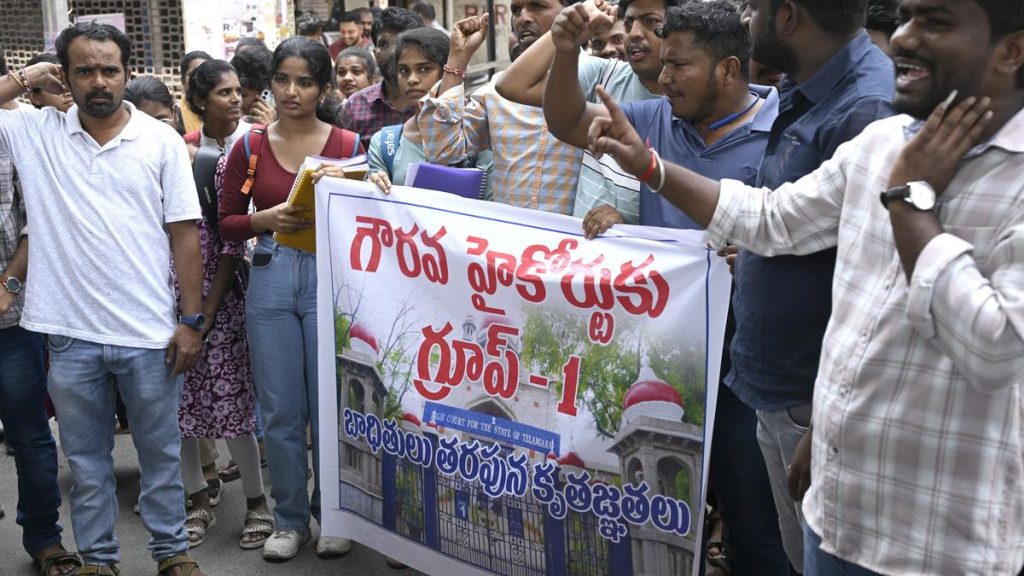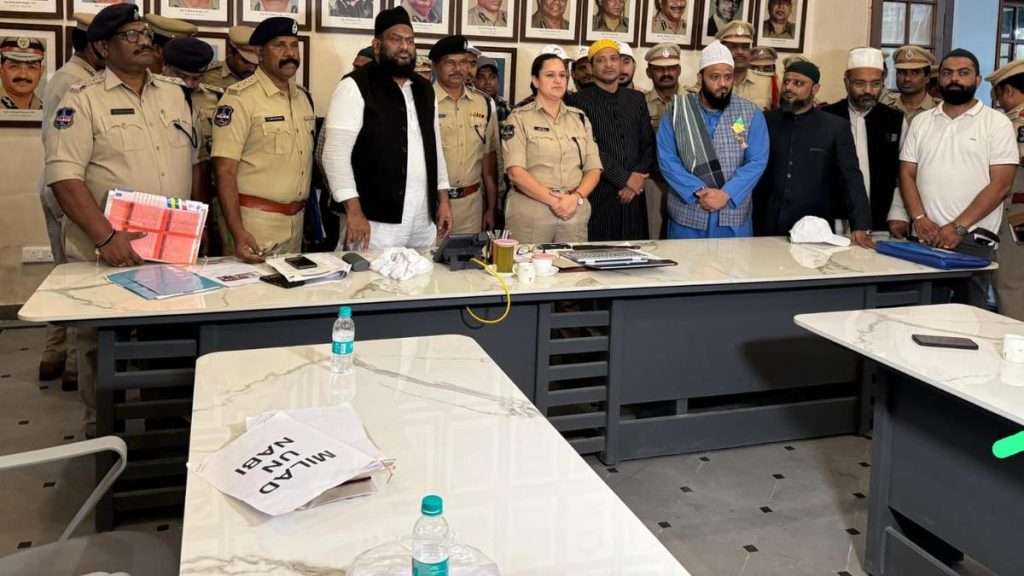Now Reading: Karnataka High Court Upholds Policy Mandating 20% Jute Bags for Sugar Packaging
-
01
Karnataka High Court Upholds Policy Mandating 20% Jute Bags for Sugar Packaging
Karnataka High Court Upholds Policy Mandating 20% Jute Bags for Sugar Packaging

Quick Summary
- The Karnataka High Court declined to examine claims regarding health hazards from jute batching oil used in jute bags for sugar packing.
- The court stated that such issues fall under the purview of the Standing Advisory Committee (SAC) established under the Jute Packaging Materials (Compulsory Use in Packing Commodities) Act, 1987.
- The 1987 Act aims to protect the jute industry, mandating specific use percentages for jute bags in commodity packing.
- A petition by South Indian Sugar mills Association-Karnataka and Indian Sugar Mills Association challenged notifications requiring 20% usage of jute bags for sugar packing but was dismissed by Justice M. Nagaprasanna.
- Reports alleging carcinogenic material presence in jute batching oil were not analyzed by the court, leaving evaluation to SAC experts.
- the High Court reaffirmed its role as limited in policy matters and upheld earlier rulings that mandatory use of certain percentages of jute bags is legal and non-arbitrary.
Indian Opinion Analysis
the karnataka High Court’s decision reinforces judicial restraint in policy matters, emphasizing deference to expert bodies like SAC for technical claims, including reports alleging carcinogens in materials. While protecting public interest remains crucial given sugar’s global consumption,this approach balances industrial regulations with scientific exploration led by specialized frameworks under existing laws like the Jute Packaging Materials Act. By dismissing arbitrary arguments against mandates on using jute bags, India’s judiciary continues supporting measures aimed at preserving conventional industries while enabling room for periodic evidence-based review through advisory systems.Read more: Click here























